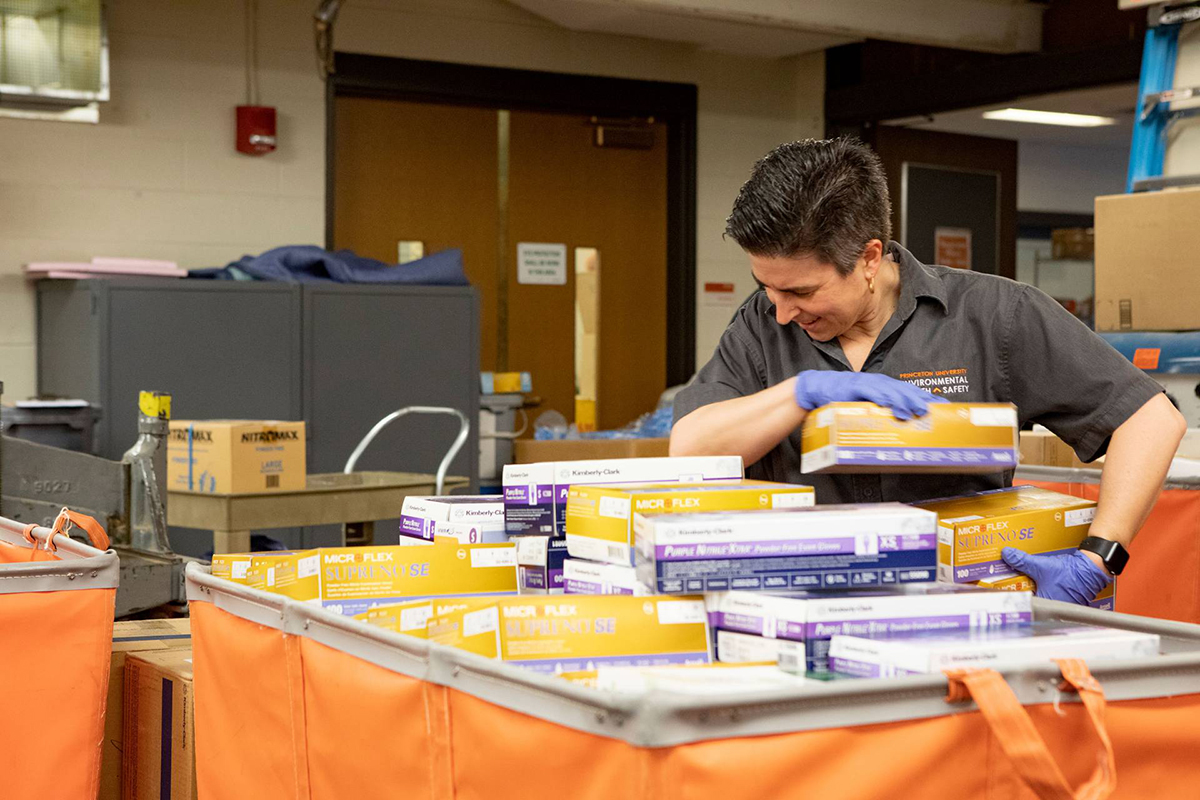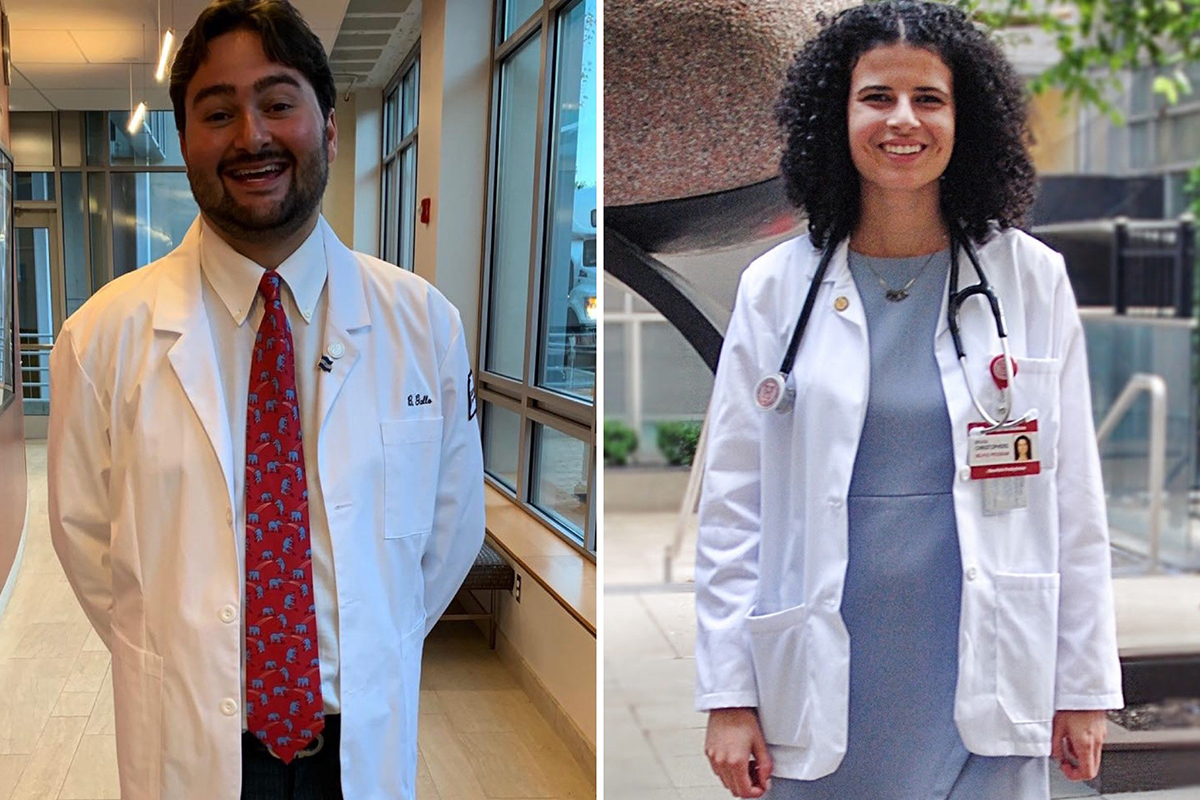
Like many idled by stay-at-home orders due to COVID-19, Cordaro Rodriguez ’08 has turned to the arts for comfort. The virus forced Rodriguez and his quartet, the Sons of Serendip, to put their musical tour on hold. It didn’t stop the music, though.
The group, finalists on Season 9 of “America’s Got Talent,” recently posted a YouTube video remembrance to the late three-time Grammy Award winner Bill Withers, who wrote a song we all can use now: “Lean on Me.” In keeping with their “cinematic pop sound,” the musicians chose a “warm spirit” rather than an upbeat tempo, Rodriguez says.
“I never really grasped the full meaning of the words until we did this,” Rodriguez says. “It’s emotional to dig in to the lyrics.”
Rodriguez, a former attorney, plays piano and keyboard with the foursome of graduate school friends. Serendip refers to the serendipity that brought the lead vocalist, harpist, cellist and Rodriguez together and back to music.
Recording “Lean on Me” was no easy task given that while Rodriguez and the vocalist live in Boston, Massachusetts, the cellist lives in Cambridge, Massachusetts, and the harpist in Providence, Rhode Island. The group had dabbled in music spots for Instagram but never a four-minute effort like this one.
Rodriguez wrote out parts for each instrument and each instrumentalist sent back audio files; the pianist mixed and mastered them and added effects with his computer software. Each performer also filmed themselves on their phones for the visuals. Rodriguez added the lyrics so you can sing along with the Sons of Serendip as the video plays.
Last year was the strongest since the group formed in 2014 and auditioned on “a whim” for “America’s Got Talent.” The foursome has toured heavily in the last two years. In their time together, they have visited 43 states, Canada and the Caribbean. Currently the quartet is working on its fourth album, which will include original songs as well as covers. However, given the pandemic, and as an acknowledgement of fans in strapped financial circumstances, the group may release the songs individually, Rodriguez says.
The Sons of Serendip were in the U.S. southwest with a month and a half of touring ahead of them when bookings started cancelling due to the virus. Rodriguez and the harpist drove the group’s van and equipment back east — more serendipity, because the musicians briefly considered leaving the van out west so they could pick up their tour where they had left off. If they had done that, Rodriguez says, they wouldn’t have been able to record “Lean on Me.”
To watch the Sons of Serendip and hear more of the quartet’s music, click here.




